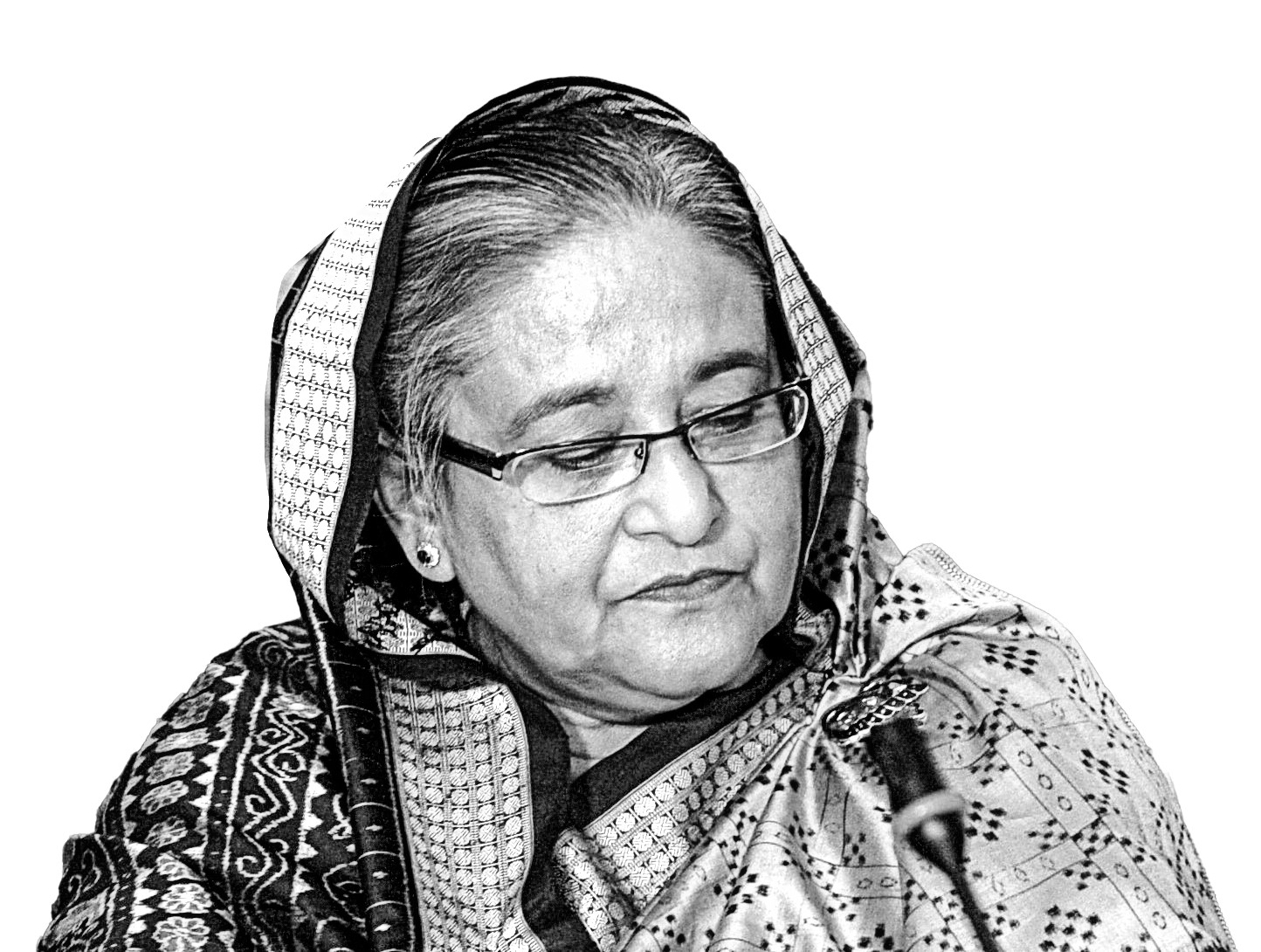One year ago, on this very day, the downfall of Sheikh Hasina’s government unfolded. With it, fell the country’s oldest political party, once a beacon of leadership during the liberation war. Yet, the roots of this decline stretch much further back, to a time when the intellectual strength of the party began to erode.
Over the past year, party leaders and activists have sought refuge abroad, while their supporters have been subjected to oppression at home. The intellectuals and journalists who once championed the party’s cause are now reckoning with their past affiliations, their credibility tarnished beyond repair.
In this year of decline, neither the Awami League nor any of its leaders have managed to deliver a statement capable of inspiring or motivating their base. Indifference has taken hold, leaving disillusioned supporters in the lurch. The absence of wisdom and strategy is starkly evident.
Perhaps the most grievous blow to the Awami League is the humiliation of independent intellectuals during their time in power. Those who were granted privileges by the party, instead of utilizing their influence for strategic gain, have failed to generate any sympathy for the Awami League from the masses. Once-celebrated intellectuals, now reduced to sycophants, can no longer stir any admiration with their words or actions. They have become mere puppets of power.
When a political party’s intellectual might diminishes, its dissolution becomes inevitable. The Awami League, once a leader in intellectual discourse, has single-handedly extinguished that power. This self-inflicted disaster has caused the party’s leaders to become detached from both their supporters and the public. From a democratic leader, Sheikh Hasina has now morphed into an authoritarian ruler.
Hasina and her cabinet members could no longer tolerate criticism. They dismissed even constructive feedback from allies, sealing the party’s political bankruptcy. The leadership’s response to any form of dissent revealed an alarming disregard for intellectual engagement.
In 2011, after the tragic deaths of filmmakers Tareque Masud and Mishuk Munir in a road accident, writer Abul Moksud dared to criticize the government for not holding Minister Syed Abul Hossain accountable. The response from Sheikh Hasina was nothing short of hostile, exposing the government’s dire situation. This episode also underscored Hasina’s disdain for intellectual discourse.
Moreover, Hasina’s minister, Hasan Mahmud, notoriously referred to Professor Anu Muhammad as a “Tukai” (beggar), leading to questions about how such attacks could happen without the leader’s approval. These incidents not only underscored the party’s intellectual fragility but also eroded the public’s trust in its leadership.
The government’s pattern of insulting intellectuals continued unabated. Teachers were humiliated, peaceful protesters advocating for good governance were attacked, and despite the tragic killings of writers, the government chose silence. The failure to act after the 2015 murders of writer Avijit Roy and publisher Dipan sparked widespread frustration among progressive civil society.
In 2019, the Hasina government, through the Ministry of Foreign Affairs, resorted to hiring ghostwriters to pen favourable pieces for international newspapers, creating a spectacle of absurdity. These actions revealed the complete depletion of the Awami League’s intellectual capital. Such weak tactics further alienated the country’s independent intellectuals, pushing them further away from the ruling party.
When a political party disregards its intellectual strength and values, it spells disaster for both society and the state. The Awami League’s actions send a dire message not just within the political realm but to the entire nation. When a party undermines its intellectuals, it accelerates its own downfall. A political party cannot survive without the balance of intellectual and political strength.
The history of the Awami League is a harsh reminder: a government cannot cling to power solely through the arrogance of state authority. Survival demands a fusion of political acumen and intellectual wisdom. Yet, the Awami League’s focus on sycophants, rather than intellectuals, has pushed it further away from the people. The result is a party that, once a leader of democratic movements, has transformed into an autocratic regime. It has trampled over the people’s voting rights, and through disappearances, killings, corruption, and misrule, has doomed its own political future.


